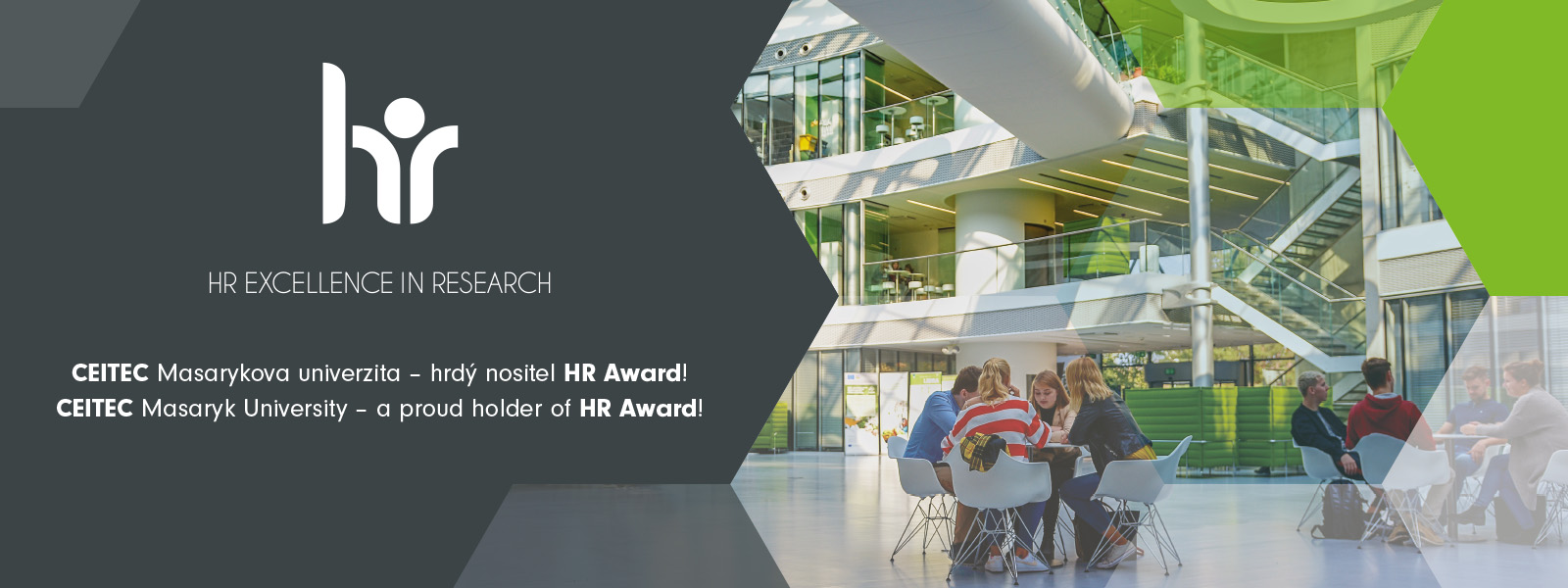Introduction
In December 2021, an initial audit focused on age management was conducted at CEITEC MU. This type of audit focuses on analyzing the age structure of employees, corporate culture, employee care, and HR activities with regard to age and equal opportunities. The aim of the audit was to assess and improve human resource management with respect to different age groups of employees.
Age management is an approach that aims to enhance working conditions and opportunities for employees of all age groups. It is essential because each age group has its unique needs and strengths. Properly managing an age-diverse team can improve performance and satisfaction for all employees. Therefore, age management has become a key part of HR strategies for employers worldwide. However, in an academic setting, it looks very different from manufacturing companies and is only just finding its way into academic institutions.
At CEITEC MU, we fully recognize the importance of this issue, which is why we embarked on this initial analysis. The analysis was conducted and prepared by Ms. Ilona Štorová from the organization Age Management z.s., with support from the HR department and structured interviews with senior staff. This article summarizes the key findings from the analysis and specific steps we implemented at CEITEC MU in 2022 in response to the results of this analysis.
Key Findings of the Analysis
Demographic Overview (2021):
- CEITEC MU employs 542 workers, with the largest group (253) being employees aged 26-35. Employees over 45 represent only 76 individuals, indicating a predominantly younger demographic.
- Most employees have a university degree, reflecting the institution's focus on research and educational activities.
Diversity and Inclusion in the Workplace:
- The analysis revealed generally positive attitudes towards aging and recognition of the benefits of diverse age groups. However, full integration of age management into strategic and operational frameworks is still lacking.
Well-being and Work-Life Balance:
- There are already some initiatives focused on health and wellness, but they lack a systematic approach. Structured programs are needed to support mental health, prevent burnout, and encourage physical activity.
Knowledge Transfer and Mentoring:
- Effective knowledge transfer between generations is essential, but it requires more structured programs to ensure continuity and retention of institutional know-how.
Implemented Practical Steps in 2022
Monitoring of Employees Approaching Retirement and Active Communication on Retirement Preparation: Data on the age of key employees will be newly included in regular annual reports to enable timely discussions about their future plans in relation to reaching retirement age.
Programs to Support Mental Health and Physical Activity: Career development policies will incorporate programs to support mental health and prevent burnout. Existing initiatives, such as the "Bike to Work" event, will continue to be supported, underscoring the importance of these activities.
Generationally Inclusive Culture and Communication: Visual materials will reflect age diversity where relevant, aiming to promote an inclusive culture that respects all generations.
Data Monitoring: Future employee surveys and reports will include data on age groups to better understand the needs of employees and respond to them effectively. This approach will help develop targeted interventions and support mechanisms.

Conclusion
The audit revealed that CEITEC has many strengths, but also areas where we can improve. Implementing the recommended measures will help us create a better working environment for all our employees, regardless of age. The steps we took at CEITEC MU in 2022 in response to the age management analysis aim to establish a supportive and inclusive work environment. Including age in diversity management and promoting equal opportunities aligns fully with the so-called intersectional approach (also referred to as GENDER+)—that is, expanding the scope of equal opportunities to address other potential causes of discrimination, such as age, nationality (ethnicity), disability, or sexual orientation.
Contact
Phone: +420 54949 4911, +420 54949 3964, +420 775 771 931


 Share
Share
